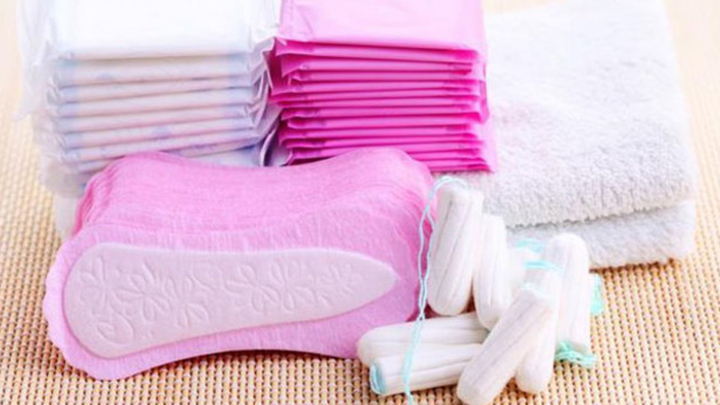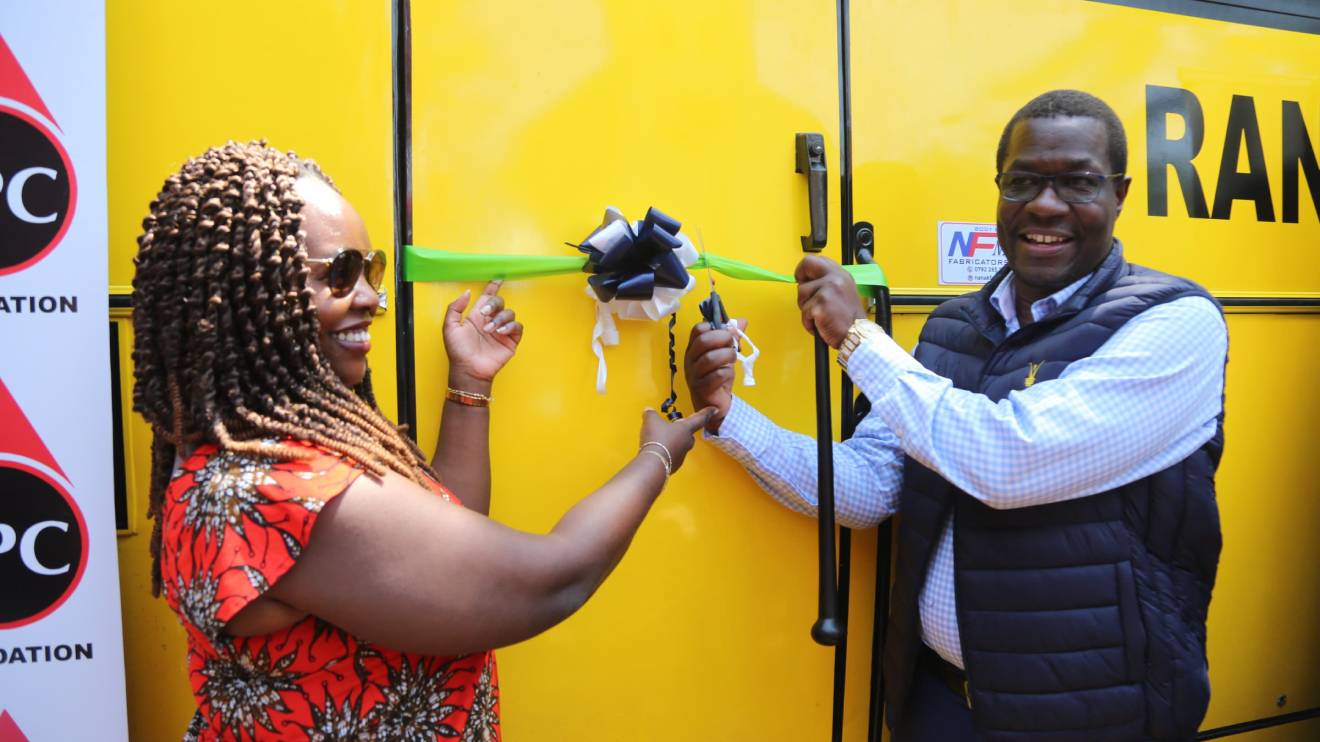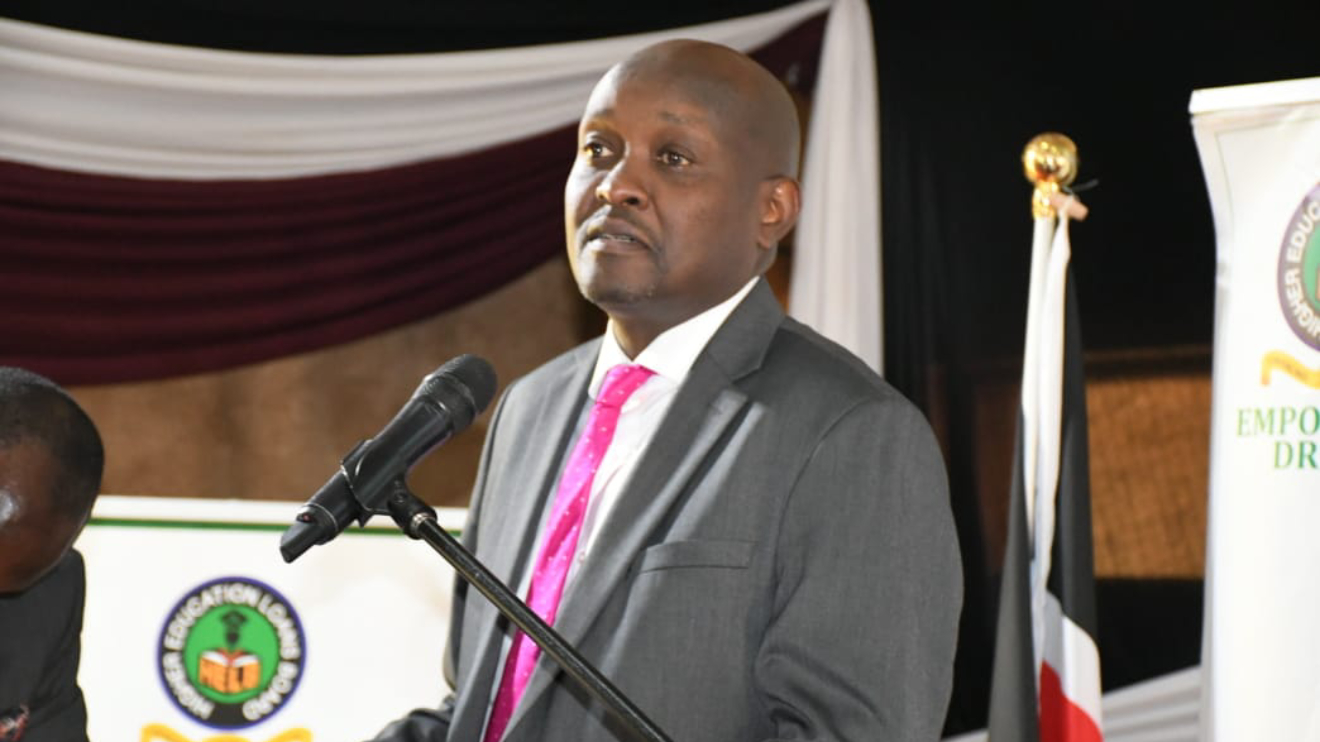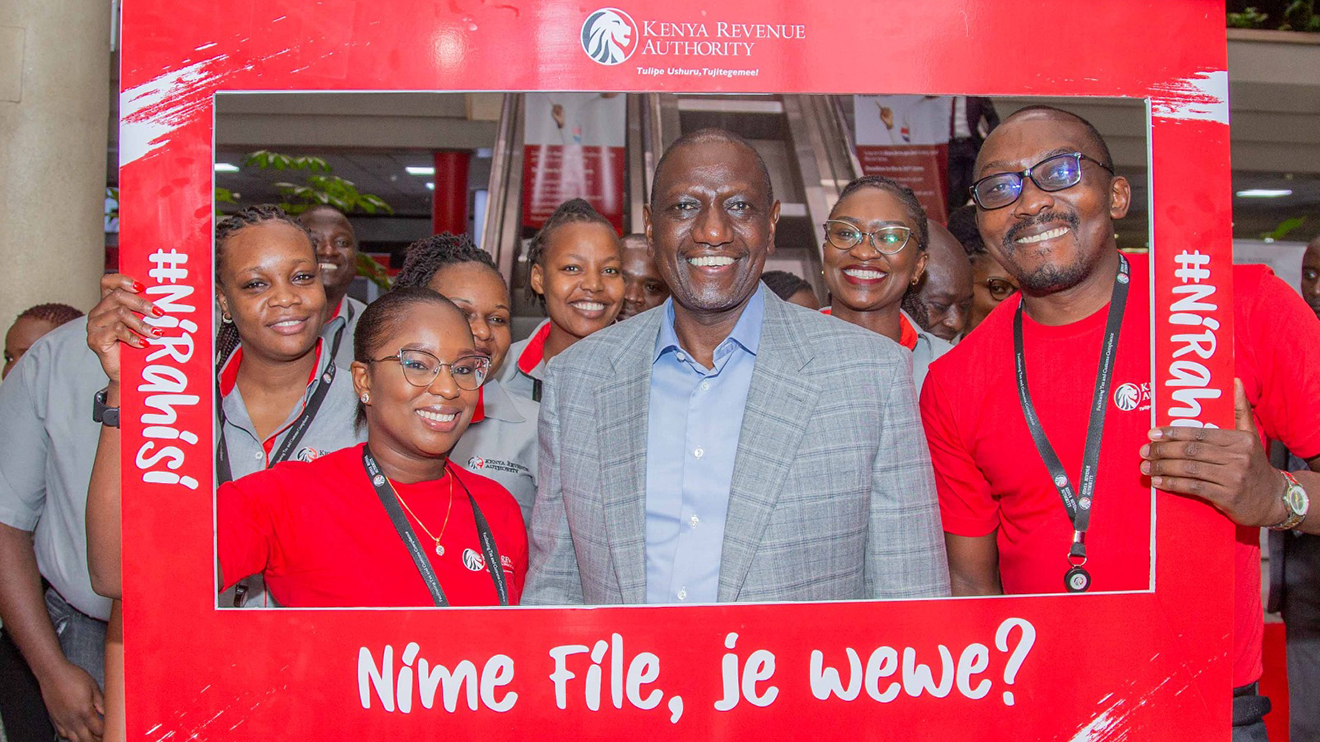Scotland on Wednesday became the first country in the world to provide free and universal access to menstrual products to its citizens.
The menstrual products include tampons and pads which will be availed in public facilities, a move widely perceived as a historic triumph for global activists against period poverty.
Parliamentarians in Scotland unanimously voted to pass the Period Products bill on Tuesday coming many months after the Members of Parliament undertook to back the legislation.
This means period products will be availed in public buildings such as schools and universities countrywide and local authorities and educators tasked with ensuring the products are available for free.
"Scotland will not be the last country to make period poverty history," said Monica Lennon, the MP behind the bill that was introduced in the House in 2019.
Read More
She added, “The decision is a signal to the world that free universal access to period products can be achieved."
Estimates in the bill's accompanying memorandum shows the move could cost approximately Sh1.3 billion annually by the year 2022 based on the number of women who will embrace it.
A survey Plan International UK in 2017 showed one in every 10 girls in the UK could not afford period products and nearly half of girls aged 14 to 21 had missed a whole school day due to their monthly periods.
Only time will tell if other countries will follow suit, with Kenyans hoping their legislators will also consider providing period products for free locally to tame widespread period poverty.
Period poverty means being unable to work or go to school because one has no money to purchase sanitary products, a huge challenge faced by many Kenyan girls.
According to a Research by Menstrual Hygiene Day, a global menstrual health advocacy platform, 65 percent of girls and women in Kenya cannot afford to buy sanitary pads.
Research done by the Ministry of Education revealed that girls lose averagely four school days per month, translating to two weeks of learning per term.
The Kenya government’s programme to supply free sanitary towels adopted in April 2018, which sought to distribute 140 million pads to 4.2 million girls across the country flopped.



-1750067533.jpeg)




-1751376032.jpg)
-1751369458.jpg)


